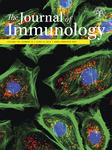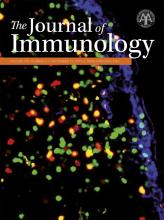 Two journals have retracted papers by a biologist who was recently found guilty of misconduct by his former employer, the University of Colorado Denver, bringing the total to five.
Two journals have retracted papers by a biologist who was recently found guilty of misconduct by his former employer, the University of Colorado Denver, bringing the total to five.
The investigation report by UC Denver, which we obtained earlier this year via a public records request, had recommended one of the two newest retractions, which appears in the journal Hepatology. The other retraction, in the Journal of Immunology, was not flagged by the report — which found, among other conclusions, that Almut Grenz had altered multiple values in research that had already been submitted for peer review.
Here’s the notice for the Journal of Immunology paper:
Continue reading Two more retractions for former US prof who altered dozens of images
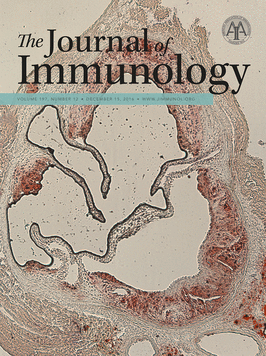 A lab at the University of California, Los Angeles has retracted two papers for duplicated images.
A lab at the University of California, Los Angeles has retracted two papers for duplicated images.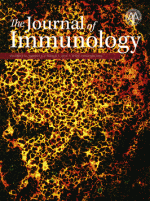
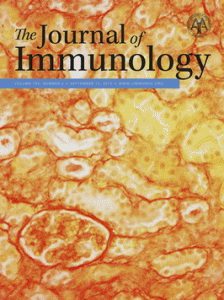 All but one of the authors of a
All but one of the authors of a  Another retraction and a correction that retracts two figures — ie, a partial retraction — have been posted for
Another retraction and a correction that retracts two figures — ie, a partial retraction — have been posted for 
